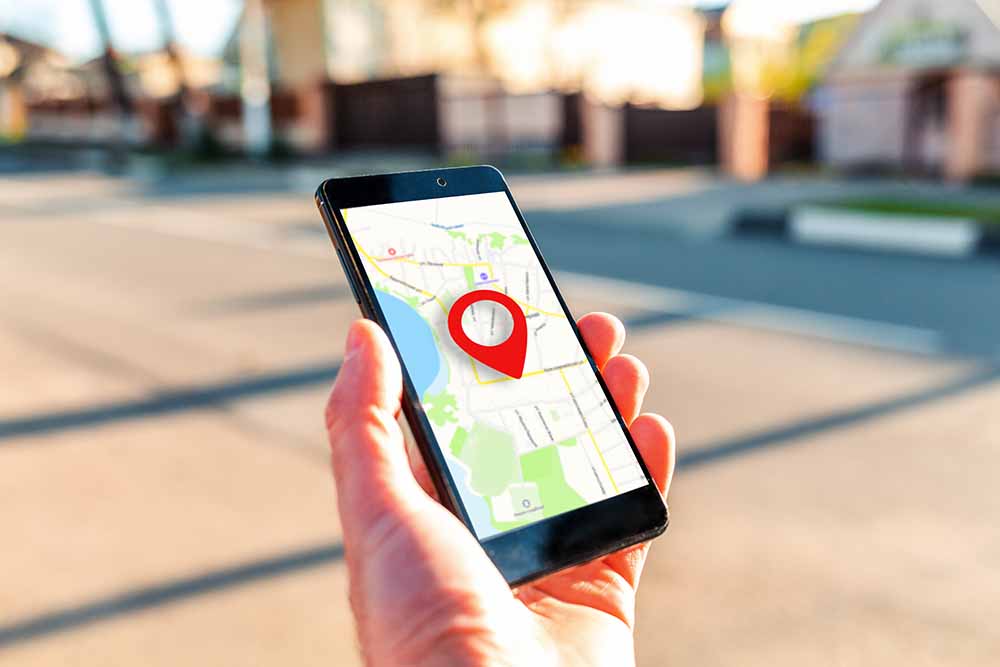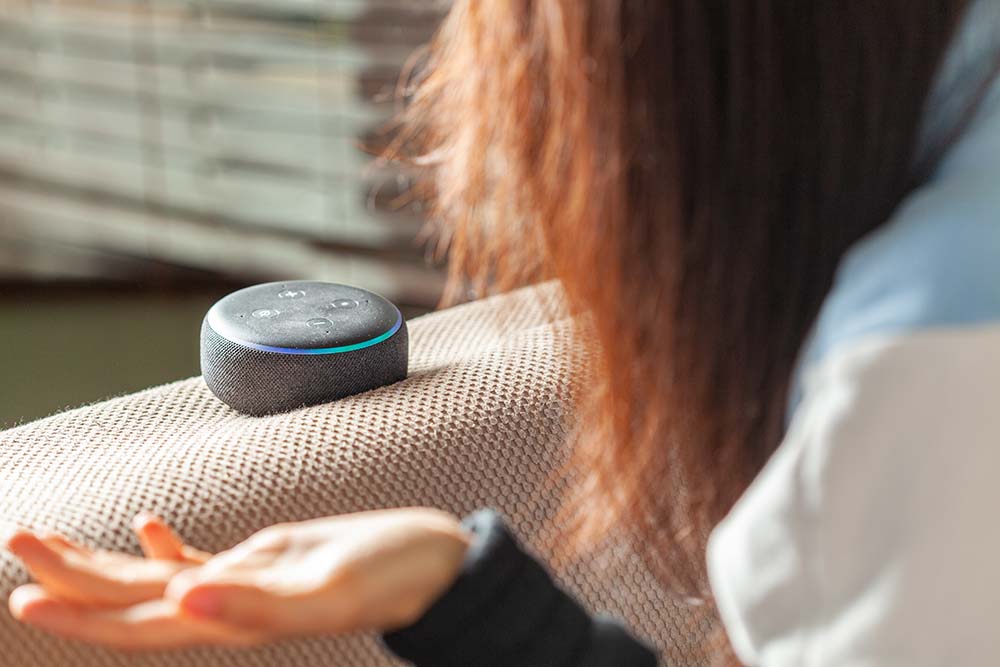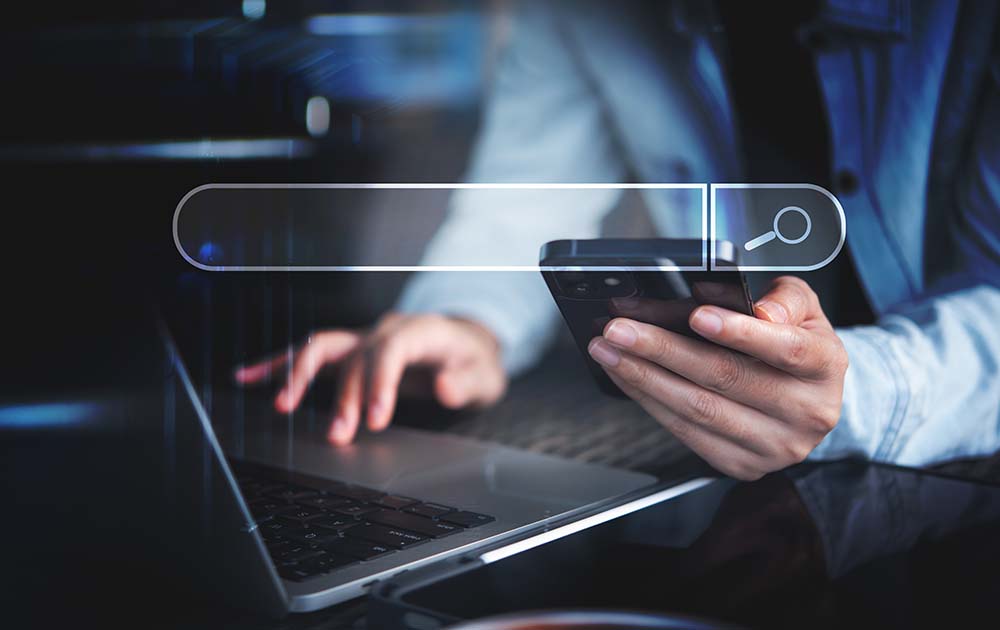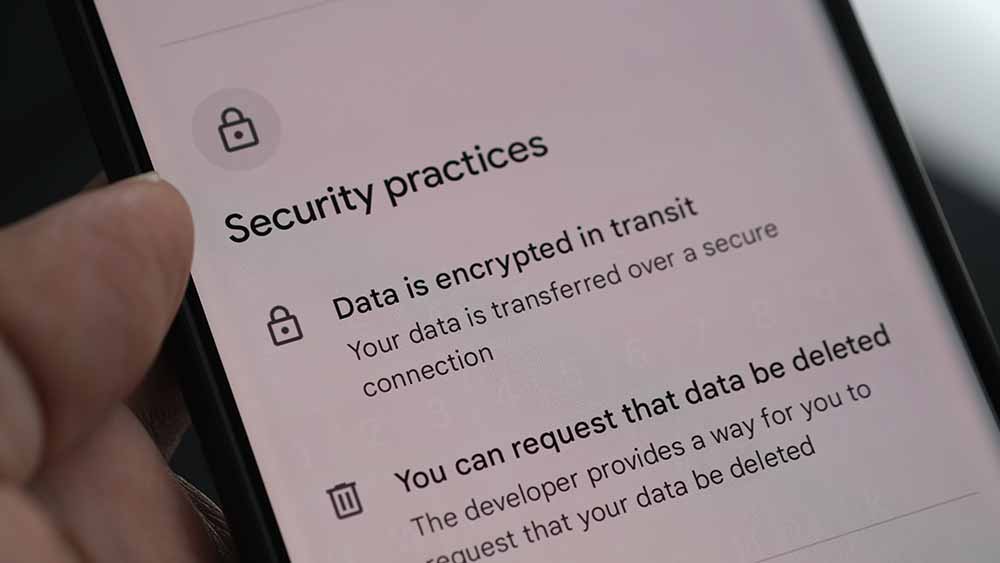Have you ever experienced discussing your dream vacation plans with your friends, only to have your phone bombard you with itinerary suggestions or travel deals? Do you get that eerie feeling that your phone might be eavesdropping on your conversations?
In today's smartphone-dominated era, privacy and cybersecurity concerns loom large. As our devices seamlessly integrate into daily existence, the nagging suspicion of digital espionage has grown. Are our trusted companions silently documenting our every step and eavesdropping on our most candid conversations? Let's dive into this complex topic and shed light on the reality of smartphone surveillance.
The Tracking Dilemma

While it might seem like your phone is tracking your every step, the truth is a bit more nuanced. Yes, smartphones are equipped with GPS technology, which allows them to pinpoint your location with remarkable accuracy. Search engines and apps like maps and weather services use this information to provide you with tailored experiences, news suggestions and even product recommendations.
However, the tracking is not as insidious as it may seem. Generally, it requires your explicit permission for apps to access your location data. So, if you're worried about being tracked, take a closer look at your app permissions. You can limit or revoke access to your location for most apps, putting you in control of who knows where you are.
The Eavesdropping Myth

Another common concern is that smartphones are constantly eavesdropping on our conversations. This belief often arises when people notice well-targeted ads or suggested content related to recent discussions. In reality, your phone is not actively listening to your conversations, at least not in the way you might fear. However, it's essential to understand the role of digital assistants like Siri, Google Assistant, and Alexa. These voice-activated features are designed to respond to specific words or phrases. They do process audio data but only after they've detected their trigger word. Once again, you have control over their usage, and you can disable or limit their access to your device's microphone.
The Bigger Picture: Data Collection

Your smartphone is part of a broader ecosystem of data collection. Tech companies, app developers, and advertisers do gather information about your online behaviour and preferences. This data is then used to personalise ads, content, and services. This data collection, however, is not unique to smartphones. It happens across many digital platforms, from social media to online shopping. Governments and law enforcement agencies also have legal means to access certain information for security purposes.
Protecting Your Privacy

By understanding how your device operates and taking control of your privacy settings, you can enjoy the benefits of technology while minimising potential risks to your personal data and conversations. Here are some steps you can take, to safeguard your privacy in the digital age:
1. Review App Permissions: Regularly check the permissions you've granted to your apps and adjust them to your comfort level.
2. Use Privacy Settings: Familiarise yourself with your device's privacy settings and customise them to your preferences.
3. Encryption: Enable device encryption and use secure, unique passwords or biometric authentication methods.
4. Regular Updates: Keep your phone's operating system and apps up to date to benefit from security patches.
5. Use VPNs: Consider using a Virtual Private Network (VPN) for an extra layer of online privacy, especially when using public Wi-Fi networks.
6. Be Informed: Stay informed about the privacy policies of the apps and services you use.